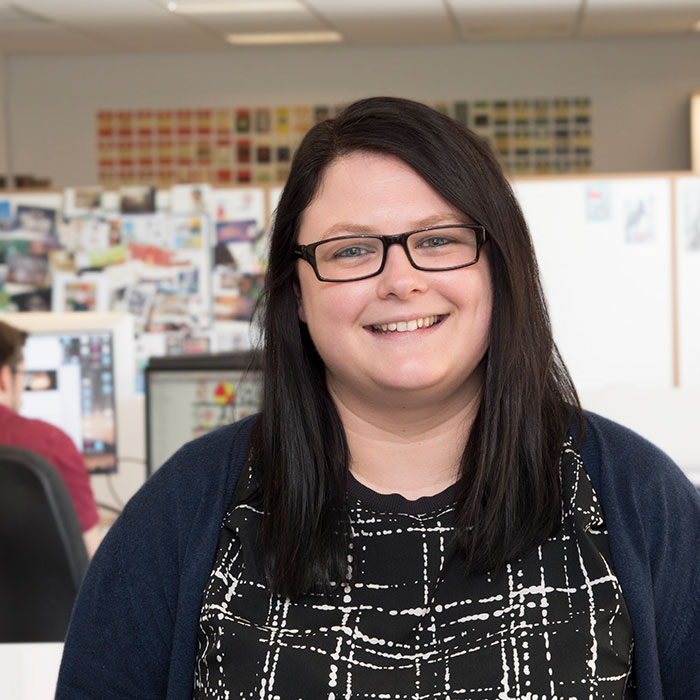To mark work in publishing week, We’ve asked Lucy, our Publishing Services Manager, to provide an insight into her role. استراتيجيات الروليت
- Explain what your company does.
At emc design we are the leading print and digital design agency for publishing, working primarily on ELT and educational courses and material, commissioned by the top publishers in the industry. I head the Publishing Services team, the role of which is to supplement and support emc’s core design services. We’re passionate about ensuring excellent quality, sourcing engaging images, and offering tailored, flexible project management built on great communication. كيف يلعب البوكر
- Tell us about three things your job involves.
Well this one’s easy, as the Publishing Services team has 3 main functions:
- We are responsible for quality checking everything that leaves the studio, before it’s sent to our clients, so our proof checking team review marked proofs against corrected proofs to ensure that all instructions and feedback have been successfully implemented.
- We commission illustrators to create artworks, managing the process from initial artist selection, through the delivery of rough and final artworks, and the feedback process. We also take on the contracting and payment of artists for some of our clients too.
- We take on full service project management jobs – big and small – for our clients. Some of these are very condensed projects with fast turnarounds, to meet a specific gap in the market, while others are multi-level component courses, which span for 12+ months. Either way, we offer a flexible, tailored approach which suits the requirements of our clients.
- Summarise your career path.
I started my career in publishing as a Production Assistant in the Academic department at Cambridge University Press, covering a maternity contract. I didn’t have a degree in publishing (mine was in English Literature) nor experience in the industry, so I was incredibly lucky to be given the opportunity to join the company, especially from a pool of 200 candidates! It was definitely a case of being in the right place at the right time. العاب كسب المال
From there I worked my way up to the Production Editor role, which involved project managing a list of new academic titles on the Science, Technical and Medical list. I then seconded to the ELT department, where I worked primarily on the exams list, and this is where I first encountered emc design, when I commissioned design and artwork management services from them. After a couple more project management roles in publishing and assessment, I stumbled on the perfect opportunity to join emc design in the summer of 2017, as Publishing Services Manager.
- What is your favourite piece of work-related advice?
My first piece of advice is to never lose sight of the customer, audience or end user. This is incredibly important and should always be at the forefront of all decisions you’re making in the production of new products.
My second piece of advice is to assign more time to the planning and development stages of your project, and it will pay dividends! This is something that we really see the benefit of at emc, as the most successful projects are those where time is taken to carefully craft manuscripts, and to think about the look and feel of the course at the outset. When you have a clear direction and vision for the project, it’s so much easier and cost effective to get there!
- Who was your first mentor?
My first mentor was my first line manager at Cambridge University Press, Alison Mander. She was one of the most supportive and considerate people I’ve met in the industry, and she had a huge impact on how I built the foundations of my project management career. Alison was consistently firm but fair, so you always knew where you stood, and above all else she was dedicated, diligent and passionate; an ideal role model.
- What work-related achievement are you most proud of?
There are lots of achievements I’ve been proud of during my publishing career, but the biggest is one outside of publishing; my involvement in successfully project managing the first reformed GCSE (9-1) science qualification to be accredited by the regulator in the UK. This was during my time at OCR in Cambridge and I’m most proud of it because of the huge challenge it was at the time, delivering something so big, in a short space of time, ahead of competing award bodies. It has certainly made me appreciate the value of collaborative working.
- What’s one thing you think everyone should know about UK publishing?
Change is inevitable…but often slow. There are evolving conversations and theories about the future of the book, and the role that digital technology plays. Both are important for different reasons and the future of publishing will no doubt involve finding ways to allow them to complement each other.
- Finally, what do you like most about your role?
No two days are the same, which keeps me on my toes!

Leave A Comment